Semaglutide (rybelsus) 30 Tablets
$774.00
- Blood Sugar Control: Semaglutide helps lower blood sugar levels by stimulating insulin release and reducing glucose production by the liver.
- Weight Management: It may also promote weight loss by decreasing appetite and slowing gastric emptying, leading to a feeling of fullness.
Description
Semaglutide, marketed under the brand name Rybelsus, is a medication used to improve blood sugar control in adults with type 2 diabetes mellitus. It belongs to a class of drugs called glucagon-like peptide-1 (GLP-1) receptor agonists, which work by increasing insulin secretion, decreasing glucagon production, and slowing down gastric emptying.
Key Features:
- Blood Sugar Control: Semaglutide helps lower blood sugar levels by stimulating insulin release and reducing glucose production by the liver.
- Weight Management: It may also promote weight loss by decreasing appetite and slowing gastric emptying, leading to a feeling of fullness.
- Cardiovascular Benefits: Semaglutide has demonstrated cardiovascular benefits, including reducing the risk of heart attack, stroke, and cardiovascular-related death in people with type 2 diabetes and established cardiovascular disease.
Usage Instructions:
- Dosage: The recommended starting dose of Semaglutide is usually 3 mg once daily, which may be increased to 7 mg or 14 mg once daily based on individual response and tolerability.
- Administration: Take Semaglutide orally with or without food, preferably at the same time each day. Swallow the tablet whole, without chewing or crushing.
- Monitoring: Regular monitoring of blood sugar levels is essential to adjust the dosage of Semaglutide as needed and to assess treatment efficacy.
- Combination Therapy: Semaglutide may be used alone or in combination with other antidiabetic medications, such as metformin or sulfonylureas, to achieve optimal blood sugar control.
Precautions:
- Pancreatitis: Semaglutide has been associated with an increased risk of pancreatitis (inflammation of the pancreas), particularly in individuals with a history of pancreatitis.
- Thyroid Tumors: GLP-1 receptor agonists, including Semaglutide, have been linked to an increased risk of thyroid tumors, although the clinical significance of this risk in humans is not fully established.
- Kidney Function: Use Semaglutide with caution in individuals with impaired kidney function or end-stage renal disease, as dosage adjustment may be necessary.
- Hypoglycemia: Semaglutide may increase the risk of hypoglycemia (low blood sugar) when used in combination with insulin or sulfonylureas. Monitor blood sugar levels closely, especially when initiating or adjusting treatment.
Side Effects: Common side effects of Semaglutide may include:
- Nausea: Nausea is a common side effect, particularly when starting Semaglutide therapy, but it often improves over time.
- Diarrhea: Some individuals may experience diarrhea, which usually resolves with continued use.
- Abdominal Pain: Abdominal discomfort or pain may occur, especially during the initial stages of treatment.
- Decreased Appetite: Semaglutide may reduce appetite, leading to decreased food intake and potential weight loss.
Less common but potentially serious side effects may include:
- Pancreatitis: Notify your doctor immediately if you experience persistent abdominal pain, which could be a sign of pancreatitis.
- Allergic Reactions: Seek medical attention if you develop signs of an allergic reaction, such as rash, itching, swelling, severe dizziness, or difficulty breathing, after taking Semaglutide.
It’s important to follow your healthcare provider’s instructions closely when taking Semaglutide and to report any concerning symptoms or side effects promptly. Do not adjust your dosage or discontinue the medication without consulting your doctor.
Additional information
| Strength |
|---|
Only logged in customers who have purchased this product may leave a review.

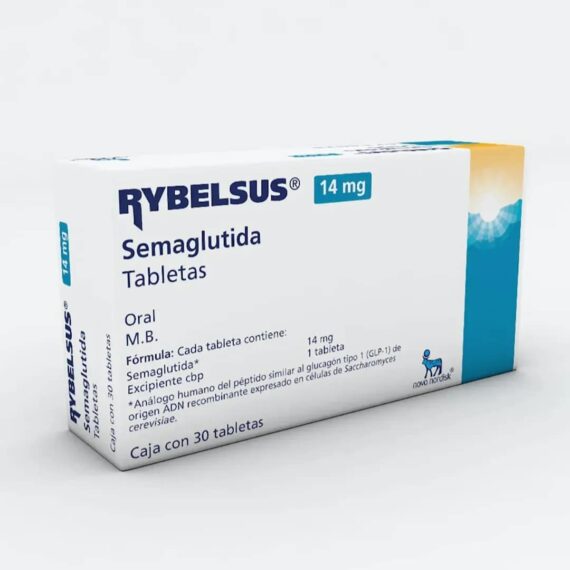
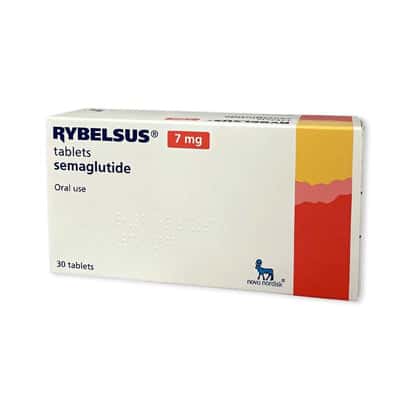
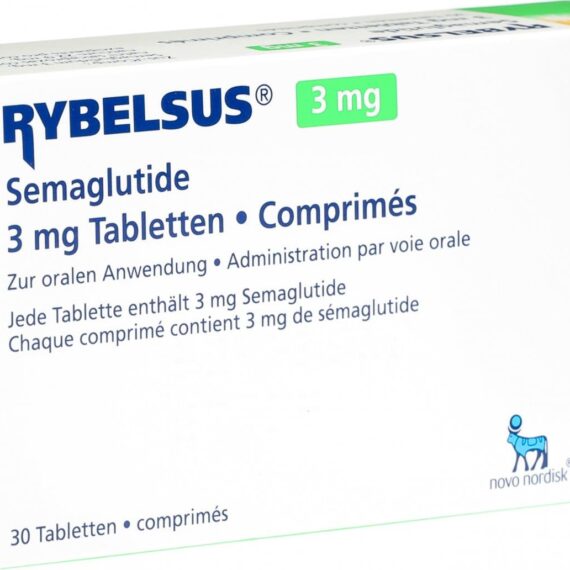

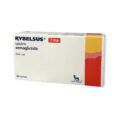
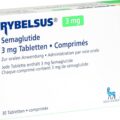
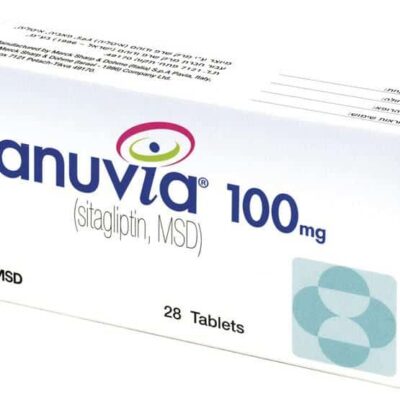
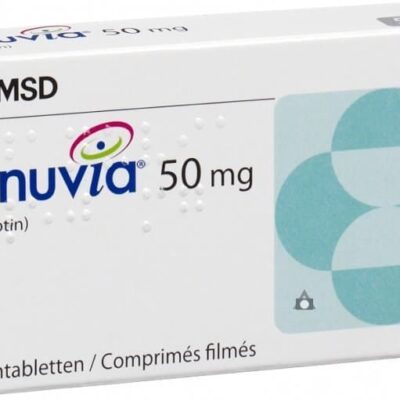
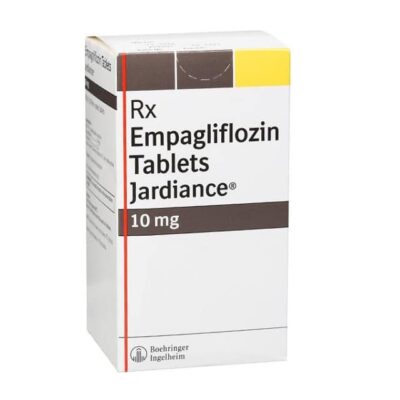
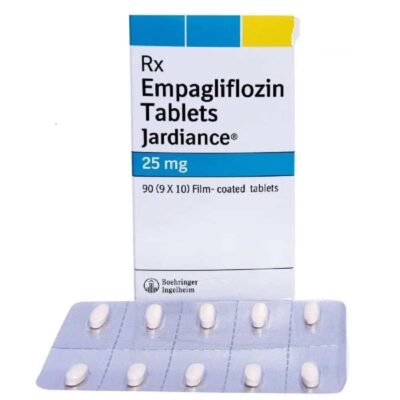


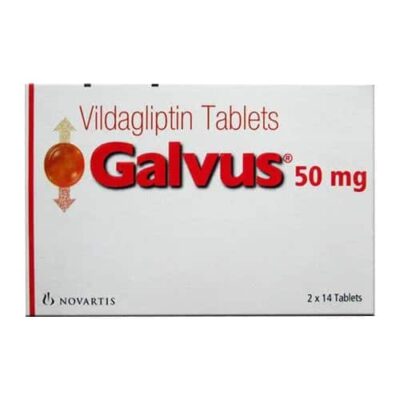
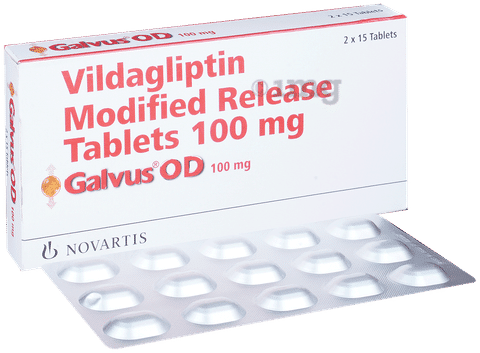

Reviews
There are no reviews yet.